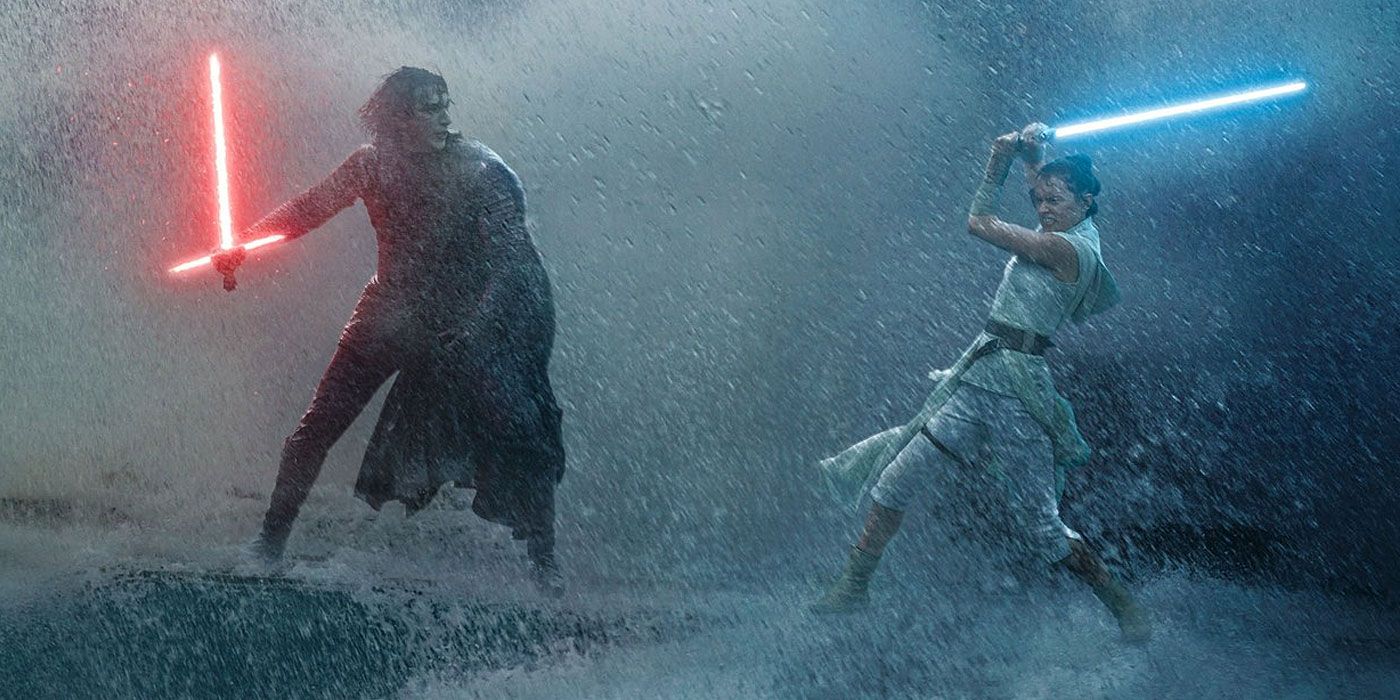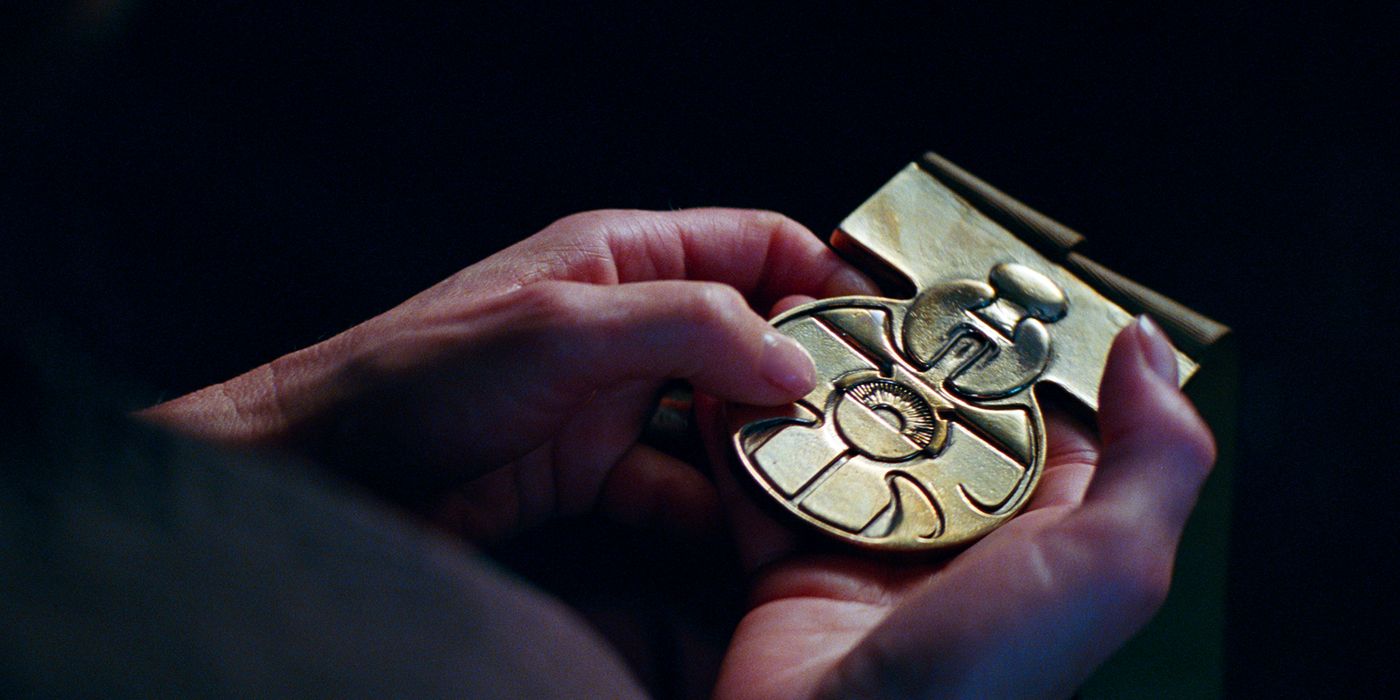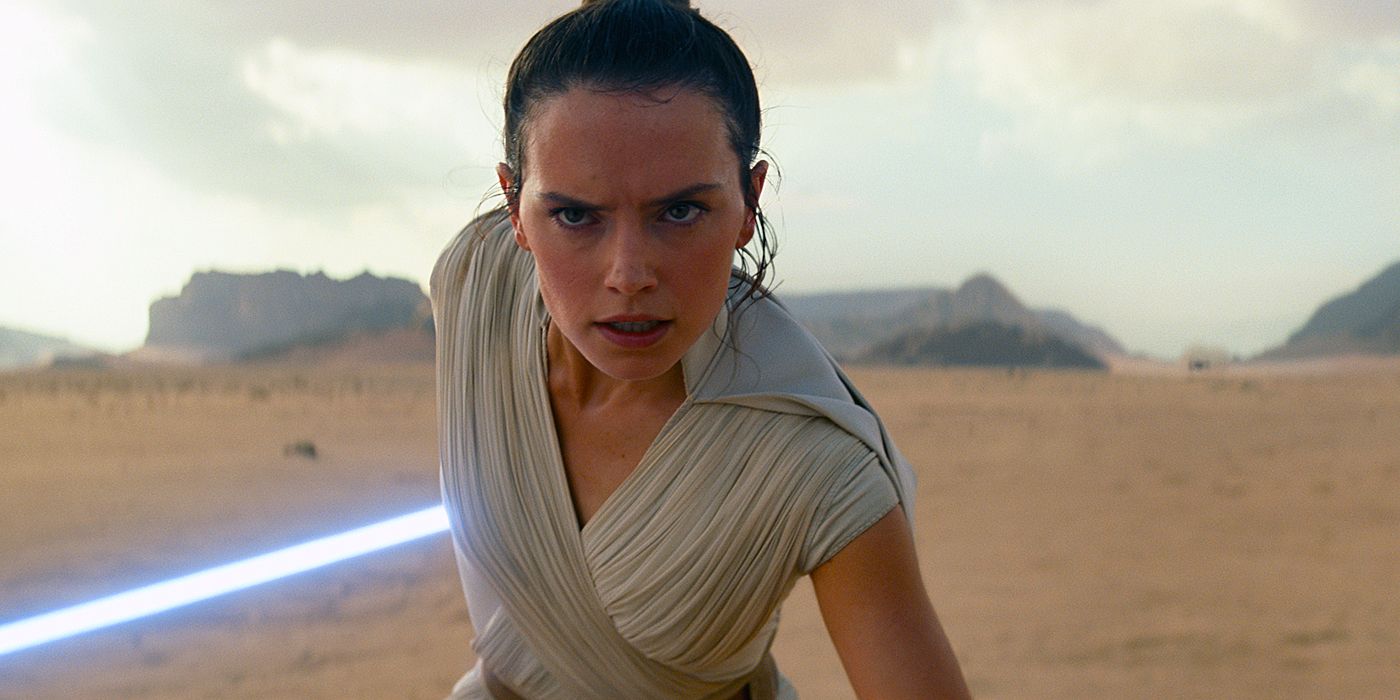While English-speaking audiences will sit down to watch Star Wars: The Rise of Skywalker later this year, Japanese audiences will sit down to a film with a slightly different title. In that market, Star Wars: Episode IX is known as "Star Wars: Dawn of Skywalker."
With the subtle shift from "Rise" to "Dawn," the film's title manages to capture a galaxy's worth of cultural and contextual clues that could telegraph the potentially tragic arc of Kylo Ren and a return to a perfectly balanced Force.
When George Lucas was creating the Star Wars mythology, he was inspired by Shinto, a major Japanese religion, which reportedly shaped his thinking about The Force. Shinto's major deity is Amaterasu, Goddess of the Sun, and her principal myth involves her rising out of a cave to bring light to the world again. In that context, Dawn of Skywalker takes on a quasi-religous symbolism that it wouldn't necessarily have in other markets.
The teaser trailer for the film includes several moments of celestial imagery that play on the idea of dawn and its inverse. The final shot of the trailer sees Finn, Rey and Poe staring at what seems like the crescent ruins of the Death Star, effectively a dark, setting sun.
However, there's also a shot of the gold medal that Princess Leia gave Han Solo and Luke Skywalker in 1977’s Star Wars: A New Hope. The medal's center is carved to feature a rising sun or, in other words, a dawn. In that same movie, Luke Skywalker’s journey begun after the iconic binary sunset in Tattooine, and it ended with him receiving this solar medal. Accordingly, there's a kind of narrative symmetry for the final episode of the Skywalker Saga to contain the word "Dawn" in the title.
In Japan there is a much darker side to this imagery, that could tie in with Kylo Ren’s arc too. Traditionally, Japan is known as the Land of the Rising Sun, and the Imperial family of Japan were considered literal direct, divinely-appointed descendants of the Sun Goddess Amaterasu. It's not difficult to draw a parallel between this and Kylo Ren’s "divine right" as a direct descendant of The Force, through his immaculately-conceived grandfather Anakin. The connection between Kyle Ren and the Imperial family is highlighted by Ren's First Order, which takes hefty inspiration from the Axis Powers.
The Dawn of Skywalker could also reference Dark Horse Comics' Star Wars: Dawn of the Jedi series, which recounts the story of the original Je'Daii Order in a time when the Force was in perfect balance. In that series, the Je’Daii’s planet, Tython, was blessed with a light moon, Ashla, and a dark one, Bogan. The Je'Daii developed a philosophy of balance, believing that both aspects of the Force were essential for the well-being of the universe. The Force, as it exists right now, is extremely polarized, and a logical narrative ending would be for Rey and Kylo to achieve the original sense of balance embodied by the planet Tython.
With all that in mind, it's worth noting that fan theories based on foreign movie titles should be taken with an ocean of salt. France, Spain, Italy and Portugal caused a flurry of speculation in 2017 with their translations of Star Wars: The Last Jedi by using the plural form of "Jedi," and this change ended up having very little to do with the actual plot of the movie.
This time, the film's title has been translated locally with the most literal version of “Rise” available in their languages.
In French and Portuguese, the literal "Rise," as "Ascension" and “Ascensão” still works, but for Spanish fans the unfortunate title, La Guerra de las Galaxias: El ascenso de Skywalker, will read to Spaniards as "Skywalker's promotion," rather than the secondary, quasi-messianic "ascension" meaning that Disney likely intended. The Polish version of the title, which loosely translates to “Skywalker’s rebirth or resurrection” also sounds vaguely religious.
With the simple switch of the word “Rise” with “Dawn”, Disney’s Japanese translators could be telegraphing some cultural context about the film that could reveal details about in that marker and the rest of the world. Even if that's not the case, the theories its inspired make Star Wars: Dawn of Skywalker a much better title than Star Wars: The Rise of Skywalker at the very least.
Directed and co-written by J.J. Abrams, Star Wars: The Rise of Skywalker stars Daisy Ridley, Adam Driver, John Boyega, Oscar Isaac, Lupita Nyong’o, Domhnall Gleeson, Kelly Marie Tran, Joonas Suotamo, Billie Lourd, Keri Russell, Matt Smith, Anthony Daniels, Mark Hamill, Billy Dee Williams and Carrie Fisher, with Naomi Ackie and Richard E. Grant. The film arrives Dec. 20.



